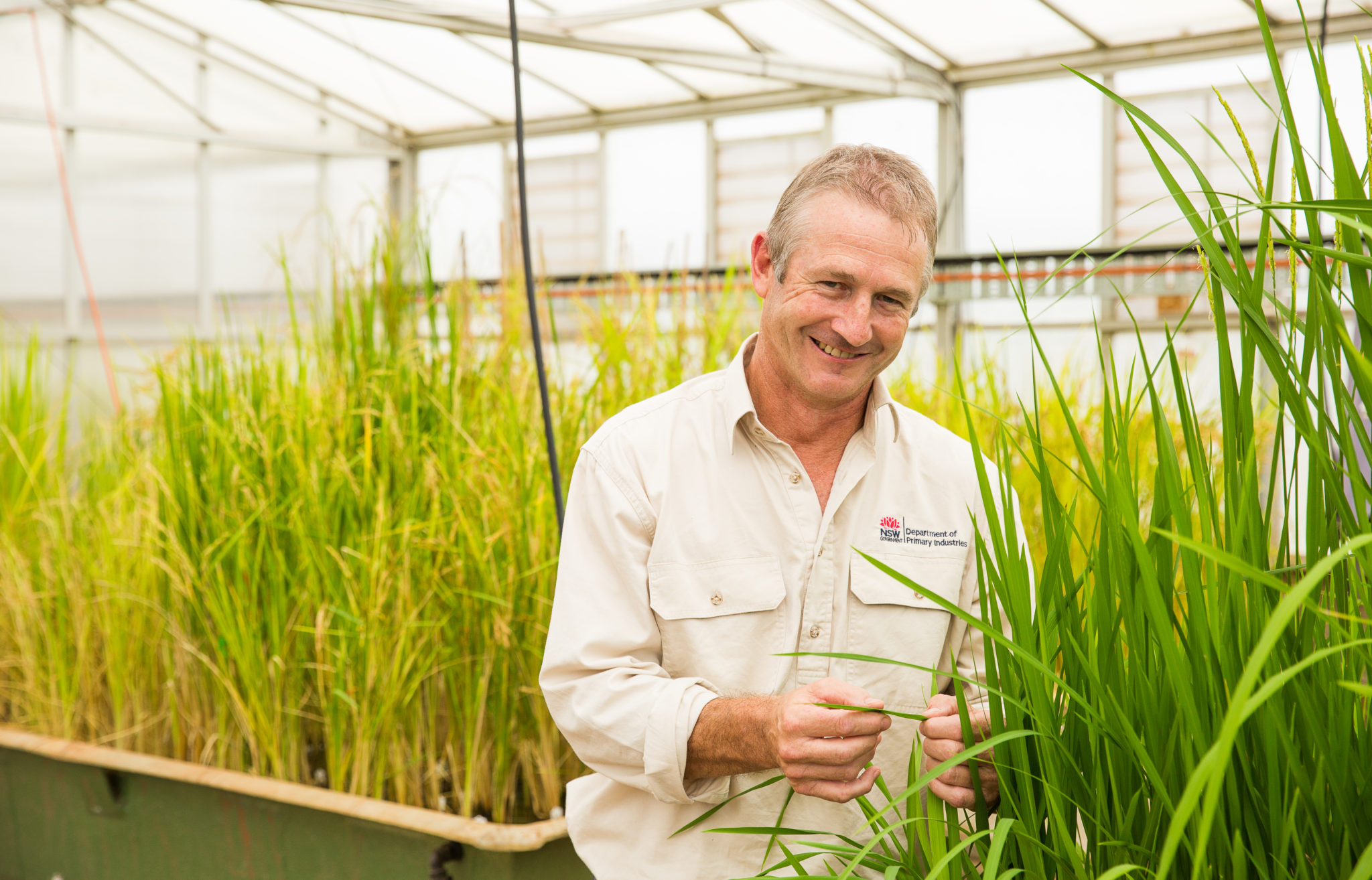DPI Southern Cropping director, Deb Slinger said the one-day event, Research now for tomorrow’s rice, is a collaboration between the department, Ricegrowers’ Association of Australia, SunRice, AgriFutures Australia and Rice Extension.
“Cutting edge research underpins the future of rice production and growers will be able to see how new rice varieties are evaluated to ensure they meet consumer demand,” Ms Slinger said.
“The DPI Quality Evaluation Program (QEP) processes about 7000 samples every year in the quest to deliver varieties which match consumer and market demand.
“Rice is generally consumed as an intact, whole grain and consumers expect each grain to be translucent and uniform in shape and size.
“DPI scientists use image analysis to measure the size and shape of the grains. Rice breeders take those results to inform their selection of lines with the potential to develop new varieties.
“Rice has to also pass the palate test and the QEP wet chemistry phase assesses approximately 3000 lines for compositional, cooking and textural qualities.”
Field day participants will see how researchers run laboratory tests to analyse cooking and textural qualities.









